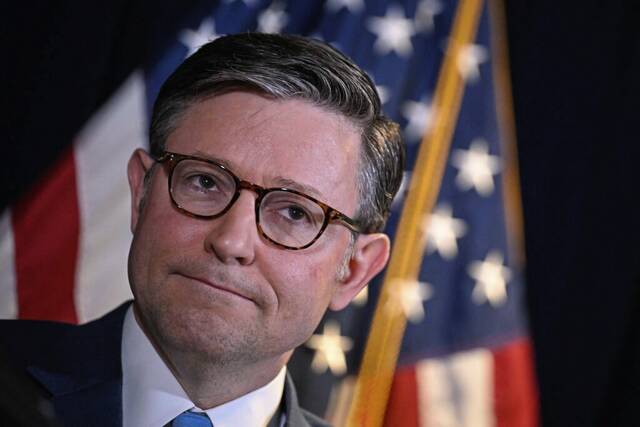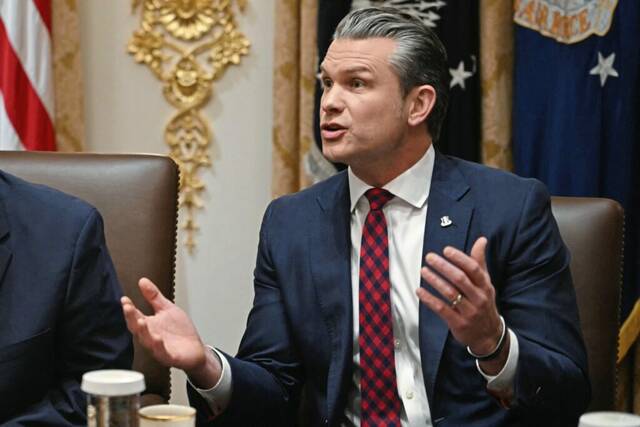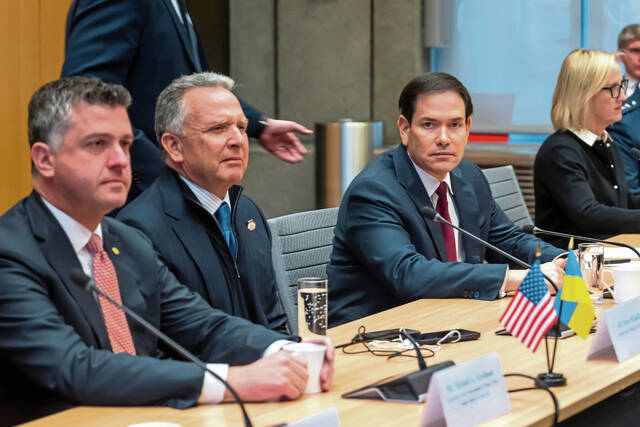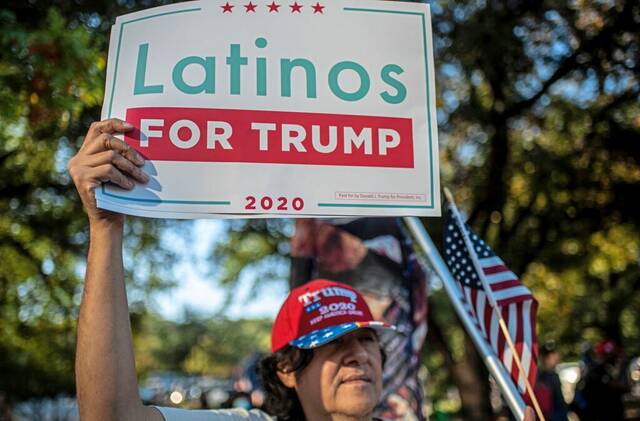What if elected politicians actually did what the American people want them to do?
Now, you might respond: “Isn’t that what they already do?” or “Isn’t that how it’s supposed to work in a democracy?”
The answer to both of these questions is: “No.” Let me explain.
“The American people” is not the same thing as “voters.” The share of Americans who vote is always smaller than the population. Some people, like kids, can’t vote. More importantly, lots of people don’t vote.
We call the subset of the population that is eligible to vote “the electorate.” In the 2020 presidential election, which saw massive turnout, roughly two-thirds of the electorate voted — around 159 million people. The U.S. population is about 332 million people.
Also, no elected official other than the president and vice president is elected by the national electorate. For obvious reasons, senators and congressmen are beholden to voters — specifically their voters — from their states and districts. Even then, certain groups — donors, unions, special-interest groups, whatever — have outsized influence.
Most people recognize that politicians shouldn’t robotically do whatever voters want — or think they want — in a given moment. Presidents, for instance, have access to more information and are charged with protecting the long-term interests of the country. That means doing things — say, using military force or not using military force — even if they’re unpopular. Leaders often have to persuade the people to trust their judgment.
Now that we’ve gotten the basic civics out of the way, what if politicians followed the polls, not the voters?
It’s an interesting question because it highlights how neither party reflects the consensus views of Americans.
Consider abortion. The Democratic Party is essentially all in on unrestricted abortion rights. The Republican Party is equally committed to the near- opposite position. Well, over the nearly half-century Gallup has been asking about abortion, the most popular position has always been for abortion to be more legal than Republicans want but with more restrictions than Democrats want.
Voter ID? A recent Monmouth poll found that 80% of Americans, including 62% of Democrats, 56% of self-identified liberals and 84% of non-whites, favor requiring photo ID to vote.
Such findings cut against Democratic claims that they speak the authentic voice of Black and brown communities. A better way to describe it is that Democrats are an approximate voice of the interests that mobilize the Democratic electorate.
The same goes for the GOP.
For years, Republicans have opposed organized labor — a hugely powerful Democratic interest group — even though a sizable majority of Americans have approved of labor unions in every poll Gallup has conducted since 1936. (with the exception of 2010, when approval was narrow) Gun control is trickier, but in general, Americans have favored stricter gun laws for decades.
I could go on, but I want to leave you with one simple point. Our politics needs a lot more humility, both from voters and from politicians. We live in a moment when voters and politicians alike often claim to have a monopoly on what real Americans want. Neither group does, because Americans — and they’re all real Americans — never speak with one voice on anything. That’s how it’s supposed to be in a vast continental democracy.
The founders understood that democracy isn’t about agreement, but disagreement. The parties and politicians don’t represent “America.” They represent Americans who disagree with other Americans, specifically the ones who make themselves heard. If you don’t like how the parties and politicians do that, you need to make yourself heard, too.








